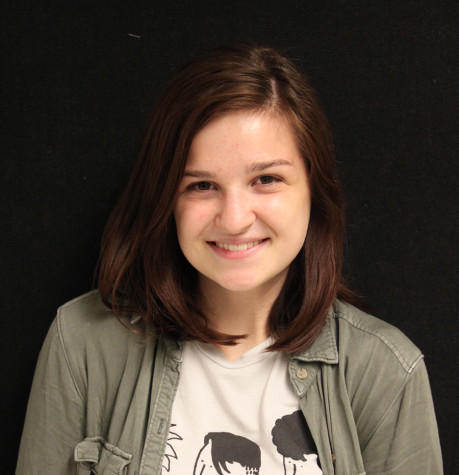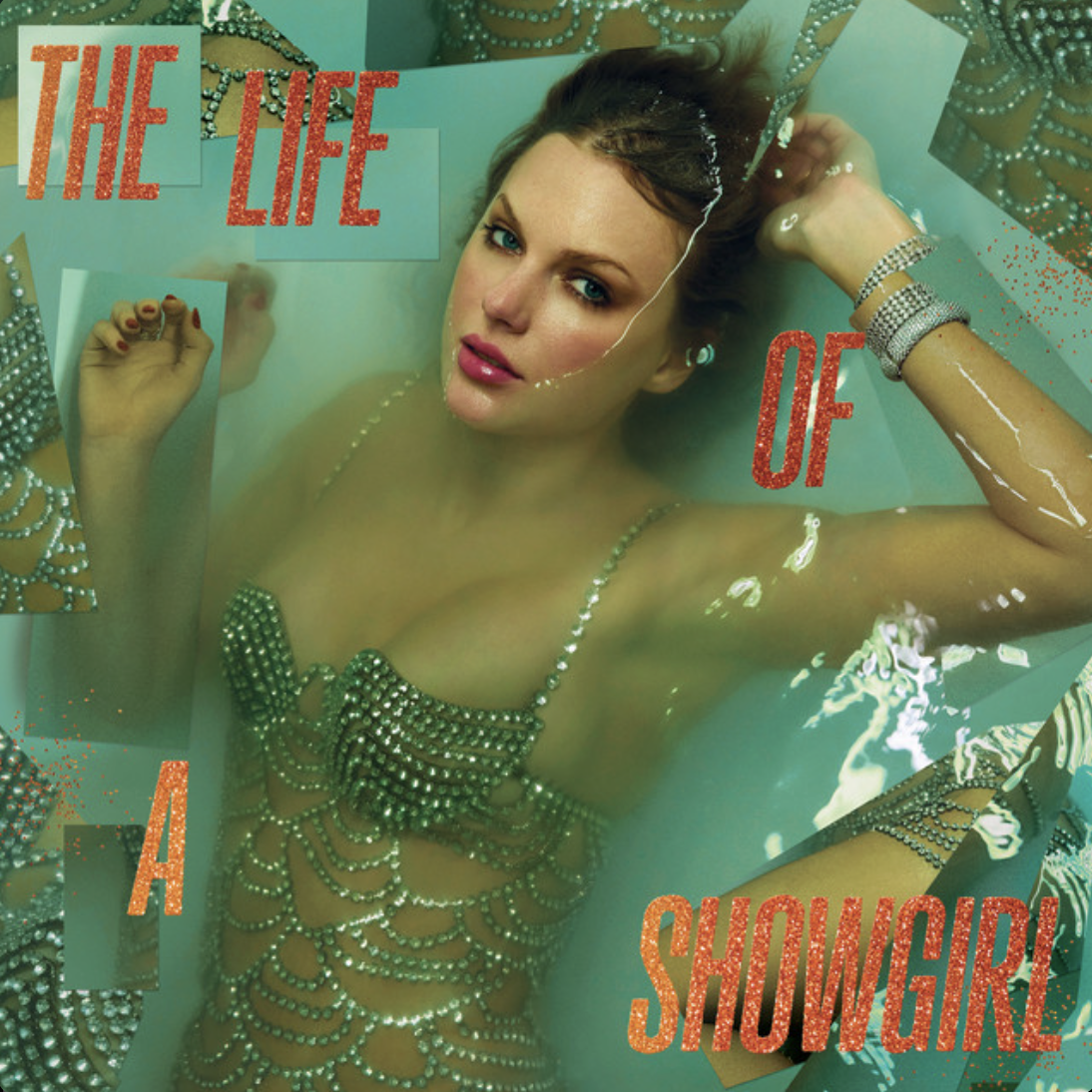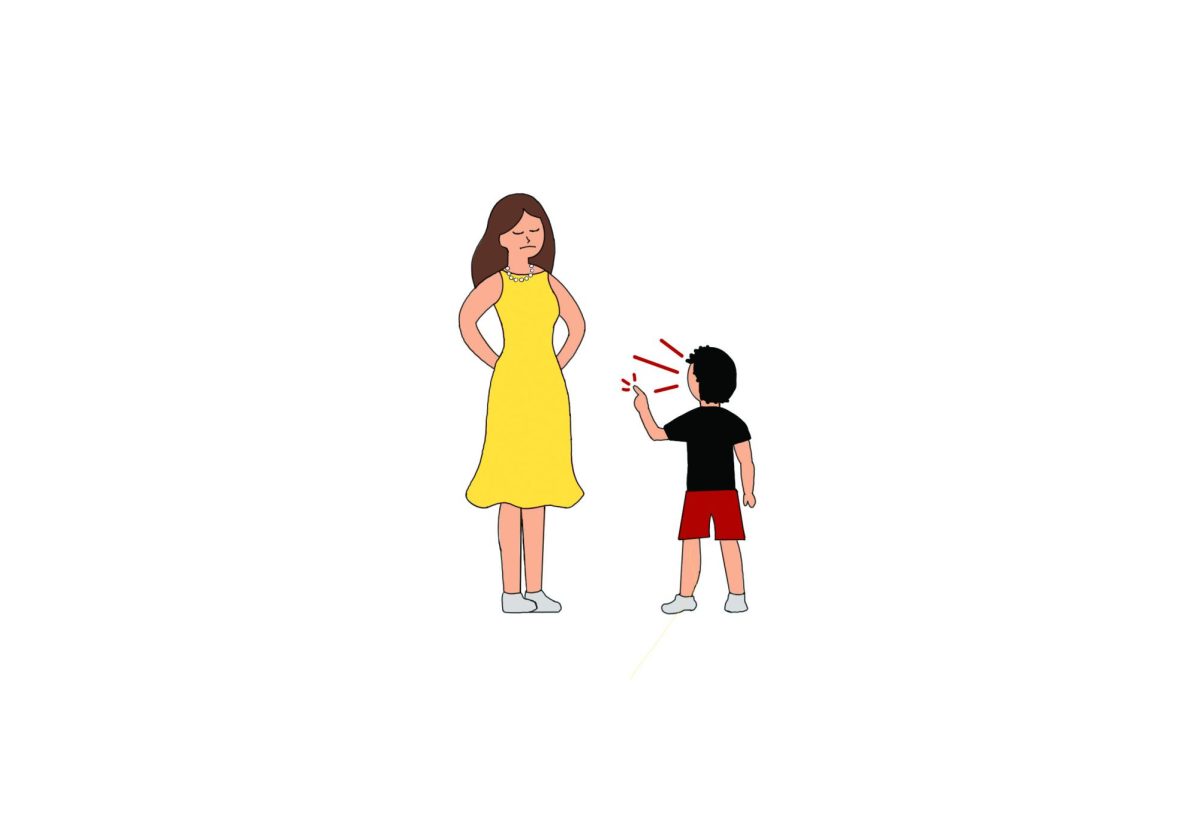Black History Month readings
To celebrate the literary accomplishments made by black authors, BVNW will host readings in the library on Tuesday, Feb. 4 to share books, presentations and music with students.
February 3, 2014
In recognition of Black History Month, BVNW teachers and students will come together in the library on Tuesday, Feb. 4 to listen to music, presentations and readings from literature written by historical black authors.
This will be the fourth year BVNW hosts the Black History month readings in the library, which originated in an effort to emulate the National African-American read-in program, librarian Mrs. McCabe said.
“The first year that we did it, we just had teachers read excerpts from either a novel, a play or a poem of one of their favorite African-American authors,” McCabe said. “Then, last year, the administrative intern [Keith Jones]… kind of expanded on what had been done before. This year… the Jazz Band is also going to perform, so we’re kind of expanding to more artists but still [keeping] the written word [aspect] and kind of moving out from that.”
Teachers can sign up to bring their students in for a class period, and they can also sign up to speak or perform at the reading. According to McCabe, the readings are open all day for anybody to attend; however, almost all students attend with a class that has signed up to attend during their period.
“The classes that come in are going to be exposed to whatever,” McCabe said. “It’s not organized; it’s kind of a pop-up experience. So they come in, and whatever is happening just kind of washes over them, and everyone gets something different every hour.”
As of last week, Mr. Christensen, Ms. Coyne, Mr. McCrossen and Mrs. Unruh have signed up to read or present for at least one class period during the day, and many classes have already reserved their spots to attend.
“The staff members can do whatever they’d like, so it’s always a surprise and that’s what kind of makes it fun,” McCabe said.
Spanish teacher Ms. Coyne has read a Spanish poem by a black Cuban poet for the last three years and will continue this year. She also does a translation of another poem from Spanish to English and briefs students on the history of the two.
“I like [the readings] because it gives people a chance to hear a name they haven’t heard before…and just kind of broadens peoples’ horizons,” Coyne said. “There are lots of [black] writers and this is a way to hear about them.”





